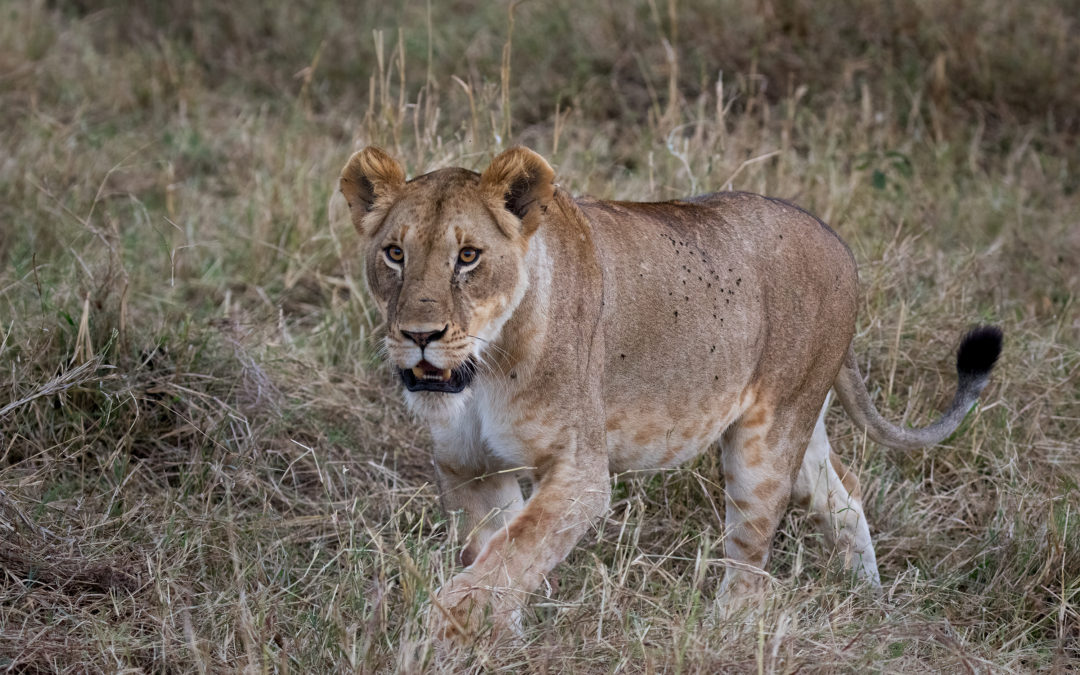Equity and the protection and inclusion of diverse perspectives is a critical part of achieving conservation led by communities. Modern conservation is evolving to better include indigenous and diverse perspectives, but it is still a work in progress. Moving from a focus on species to the interconnection of people and nature is a very important evolution in modern conservation. Women’s perspectives are not always included in discussions in community conservation and they can be targets of violence in attempts to silence them.
The International Union for Conservation of Nature (IUCN) is an international organization made up of both government and civil society organizations. They focus on advancing nature conservation and sustainable uses of natural resources. In recent decades they have broadened their focus to include a vast variety of issues, all of which are connected to conservation success. One key priority of the IUCN is to combat gender-based violence and promote gender equality around the world. They aim to “influence, encourage and assist societies throughout the world to conserve nature and to ensure that any use of natural resources is equitable and ecologically sustainable.”
At the latest IUCN meeting in Marseille France in September, Razan Al Mubarak became the first Arabic female, and the second female, in general, to become president of IUCN. Al Mubarak has stated that she is committed to supporting sustainable development and creating a world where everyone has a quality of life that provides them with both dignity and equal opportunities within the ecological limits of our planet. She pledges to amplify the voice and strengths of IUCN’s many members across the world.
The appointment of Razan Al Mubarak can be seen as a step forward in IUCN’s efforts towards achieving gender equality by demonstrating IUCN’s dedication to diminishing the inequalities within genders on a global scale. IUCN’s commitment to gender equality demonstrates their belief that these issues are matters of fundamental human rights. Representation of diverse global perspectives in conservation also has impacts on conservation success.
Studies show that there is a correlation between our environment and GBV. In areas where gender inequality is high, measures of environmental degradation are typically also high. Environmental degradation causes resource scarcity, conflict and war, and displacement, which then leads to deepening existing gender inequalities. GBV can be seen in situations where one uses gender to assert control over access and rights to natural resources. Male and females are subject to experience similar phenomena during and after conflict but their levels of vulnerability are greatly influenced by one’s gender.
In 2020, IUCN published an article called “Gender-based violence and environmental linkages”. The article establishes patterns of gender-based violence that are seen across environmental contexts. It is abundantly clear that there is a complex intersection between gender-based violence and the fight for control of natural resources.
The Central African Republic (CAR) has been deemed to have one of the worst environmental sustainability records. They face many environmental issues including deforestation, soil erosion, desertification, wetland degradation, and insect infestation. The Central African Republic also has high rates of gender inequality and gender-based violence. CAR has a devastating problem with several forms of violence against women including, but not limited to, child marriage, female genital mutilation (FGM), and physical and/or sexual violence. On the Gender Inequality Index of 2019, CAR was ranked 159 out of 162 countries, meaning they have the 4th highest rate of gender inequality.
Environmental degradation exacerbates pre-existing gender inequality issues. Displaced persons and families forced to seek refuge in disaster shelters and camps can be left exposed and easily targeted. Similarly, environmental degradation can lead to conflict and/or war where people are subject to fall prey to sexual and physical abuse and forced marriage, which then can lead to FGM.
A commitment to achieving gender equality and promoting women’s rights and empowerment is paramount to their mission of encouraging communities to conserve nature and make natural resources equitable and ecologically sustainable. This is yet another way in which the wellbeing of people, and women, in particular, is interdependent with the preservation of nature.
